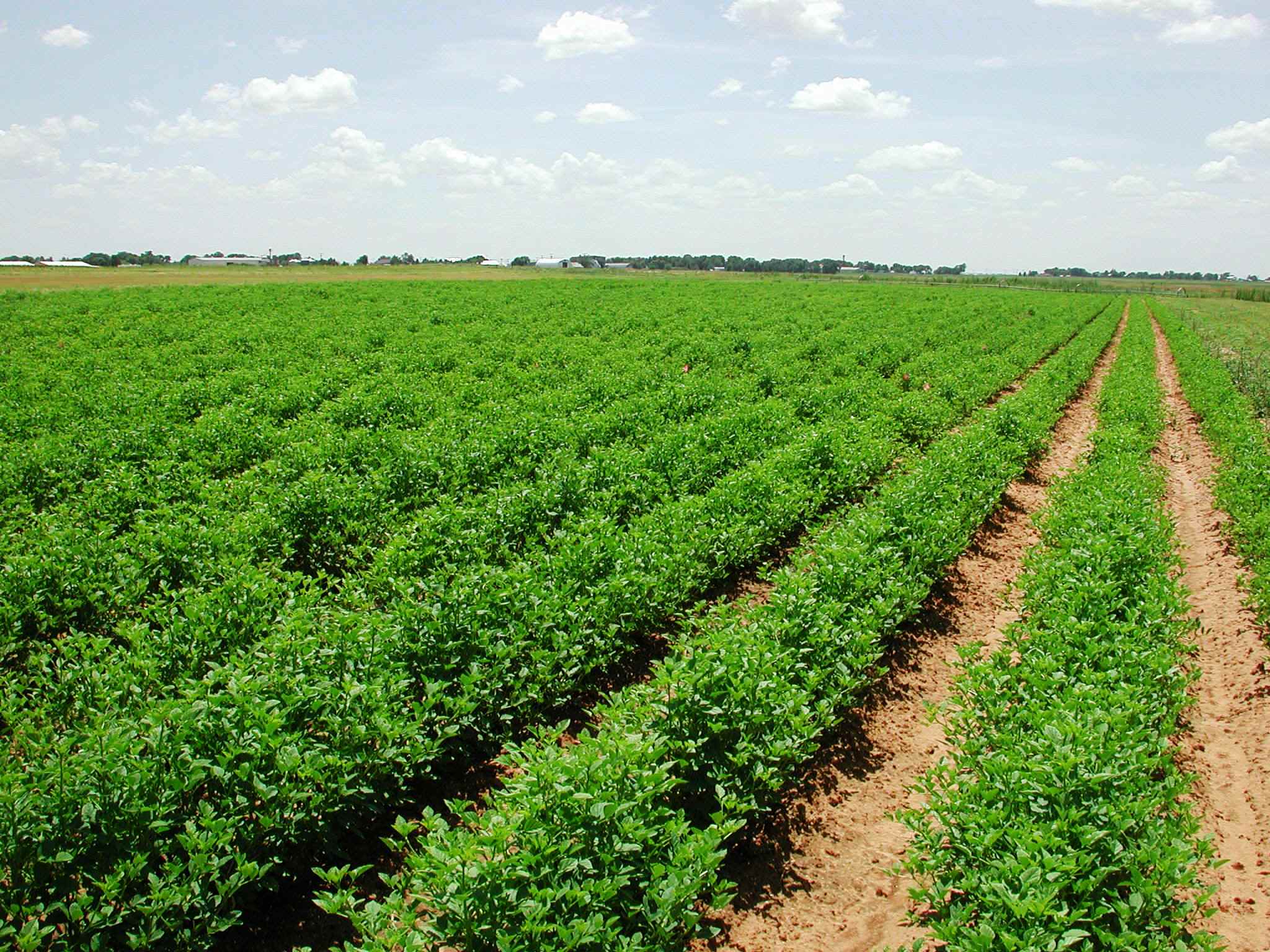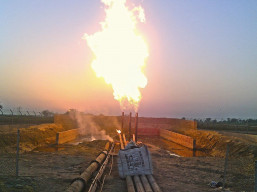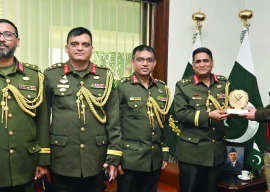
Experts at a conference called for supporting public-private partnerships to enhance national food security and reduce dependency on imports while strengthening local food production systems through the development of improved crop varieties and sustainable farming techniques.
Speaking about food and national security, they presented recommendations to encourage the development of nutrient-rich food products, such as mushroom-fortified biscuits and alternative protein sources, to combat malnutrition, and to invest in predictive modelling and data-driven approaches to identify and address public health issues, such as severe acute malnutrition (SAM).
They said this while speaking during the concluding session of the two-day '1st International Conference on Agriculture Development & Women Empowerment & Way Forward (ICADWE-2025)' organised by the Sindh Agriculture University (SAU) in Tandojam on Thursday.
Those who spoke at technical sessions and the moot consisted of Anne Klervimarie Cherriere from the Food and Agriculture Organisation (FAO), Dr Inayatullah Rajper, Engineer Mansoor Rizvi, Syed Farhan Shah, Dr Aijaz Soomro, Dr Shahnawaz Marri, Dr Mehmooda Buriro, Dr Farhana Rizvi, Dr Lubna Rajput, Iqra Kanwal, and others.
While giving their inputs about climate resilience and sustainable crop production, they pleaded for implementing training programmes focused on climate-smart agricultural practices, such as sustainable water use and resilient crop varieties; encouraging research and adoption of climate-resilient crops to minimise yield losses; promoting renewable energy technologies, such as photocatalytic fuel cells, for sustainable energy generation and water treatment in agriculture; and finally supporting community-level adaptation strategies to mitigate the impact of climate change on agriculture and food security.
Talking about sustainable livestock and pest management, they urged policymakers to empower rural women in livestock management through targeted training and resource allocation, enhancing their economic contributions; support integrated pest management (IPM) strategies that utilise biological control agents, such as Scelio wasps, for sustainable pest control; promote livestock-based livelihoods by addressing gender-specific challenges and improving access to veterinary services and markets; and enhance research on the ecological role of soil-dwelling insects and their contribution to sustainable agriculture.
Highlighting crop nutrition and its management, they asked government think tanks to promote the use of biofortified and nutrient-enriched crop varieties to address dietary deficiencies; encourage the development of sustainable packaging solutions, such as starch-based biodegradable films, to reduce environmental impact; train farmers in advanced crop nutrition practices, including balanced fertilisation and pest control, to maximise yields; and enhance research and innovation in crop breeding and genetic improvement for nutrient-rich and high-yielding varieties.
Sustainable Agriculture Expert Dr Muhammad Ismail Kumbhar said the conference aimed at empowering women in agriculture and producing impactful outcomes. He emphasised the need for greater social recognition of rural women's contributions to economic development. He said the government should expand programmes like the Better Cotton Initiative (BCI) to provide training, inputs, and market linkages for women farmers while promoting gender-sensitive research to address specific needs and challenges faced by women in agriculture.
SAU Vice-Chancellor Dr Altaf Ali Siyal highlighted the essential role women play in national development, particularly in agriculture.
"Women constitute over half the population and make vital contributions to farming and economic activities. Agriculture offers boundless opportunities for both rural and urban women," he said.
Siyal praised government efforts to promote women's empowerment and urged academic institutions, social organisations, and communities to enhance training programmes supporting women in agriculture.





1737115370-0/fizza-(51)1737115370-0-165x106.webp)


















COMMENTS
Comments are moderated and generally will be posted if they are on-topic and not abusive.
For more information, please see our Comments FAQ